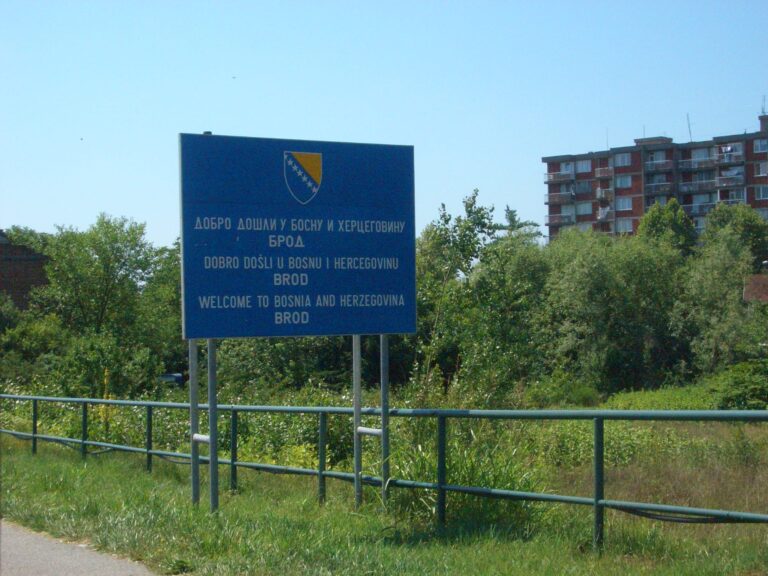Leading research consortium TRL has taken on a project in Bosnia and Herzegovina with the aim of assisting the road authority in incorporating resilience into its road management activities. The project is expected to take 8 months and was launched last November 2017.
TRL is funded by the World Bank and is partnered with various research universities, including the University of Birmingham and the University of Sarajevo. TRL will be working with the Public Company Roads of the Federation of Bosnia and Herzegovina (PC Roads FBH) – together they aim to develop a method of assessing the road network’s vulnerability to various natural hazards. This information will be then be used to gain an understanding of the effects climate change may have the country’s infrastructure.
Matt Sercombe, director of Infrastructure at TRL, notes that “Climate change poses a significant risk to national economies, in particular for LEDCs. Bosnia and Herzegovina lost an estimated 15% in GDP following widespread flooding in 2014. It is our hope that, through the work we carry out with PC Roads FBH, we will be able to reduce the impact of similar events, protecting the transport infrastructure and mitigating against the wider implications climate change can have.”
The main aim of the project is to carry out a systematic review of the data available and use it to assess the levels of vulnerability, to then provide a suitable geographic information system platform. This will enable access to hazard data so that any future actions for the improvement of infrastructure can be identified.
Overall, the project is mainly aimed at developing and supporting the local capacity to carry out resilience work to continue to moderate the effects of climate change. Sercombe adds: “Securing this project adds to TRL’s growing portfolio of climate resilience work, both in the UK and internationally.”





